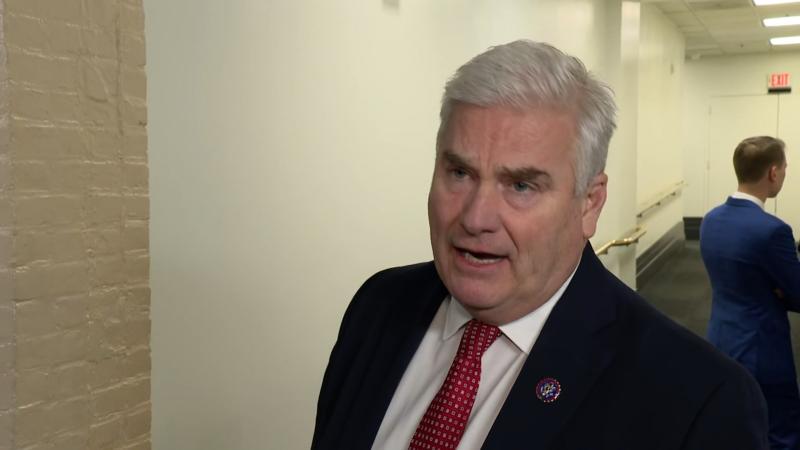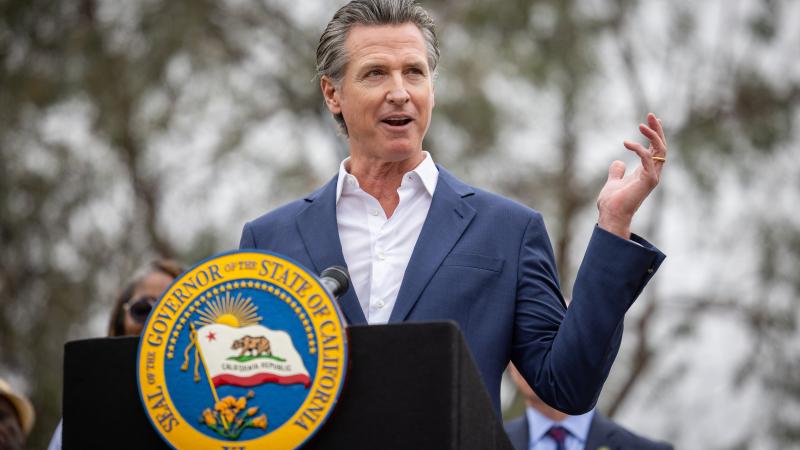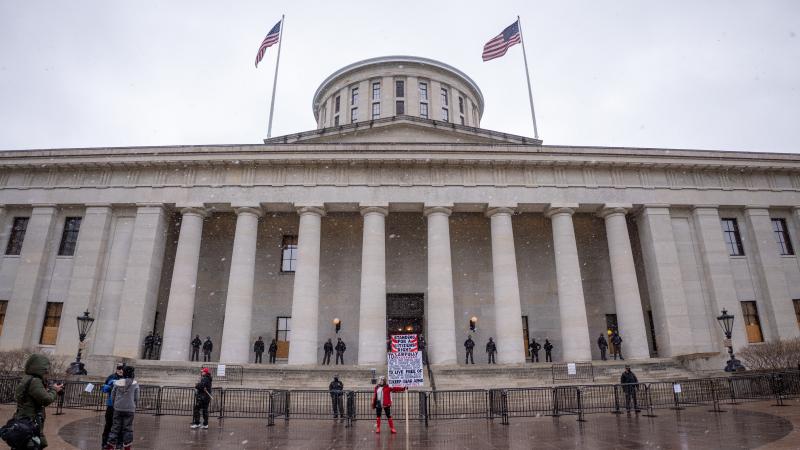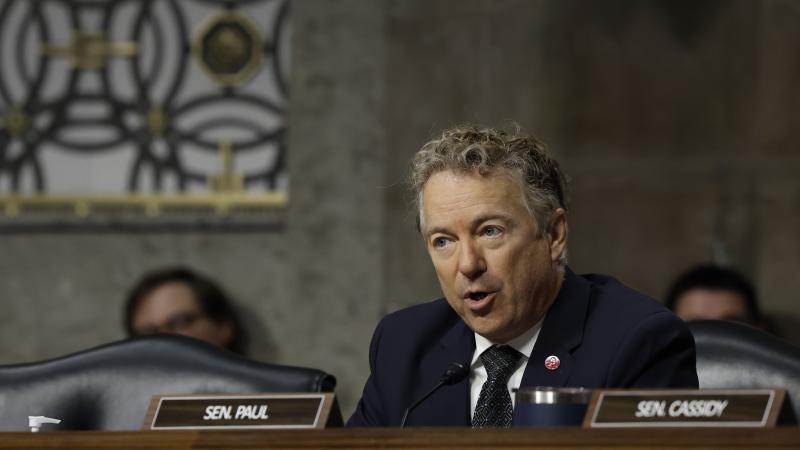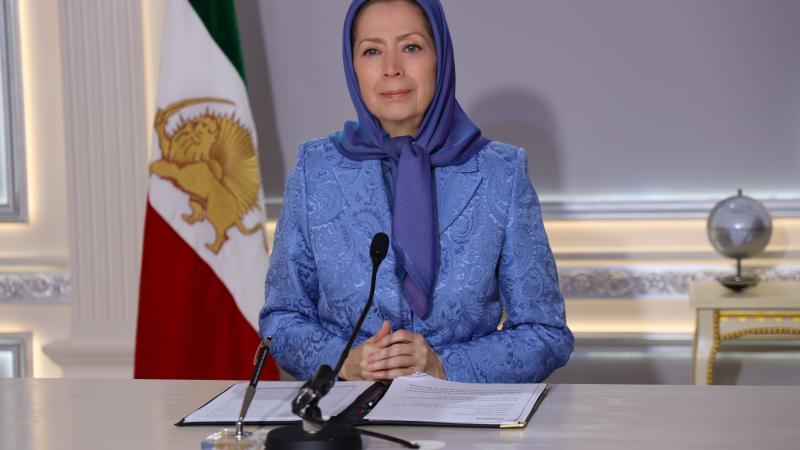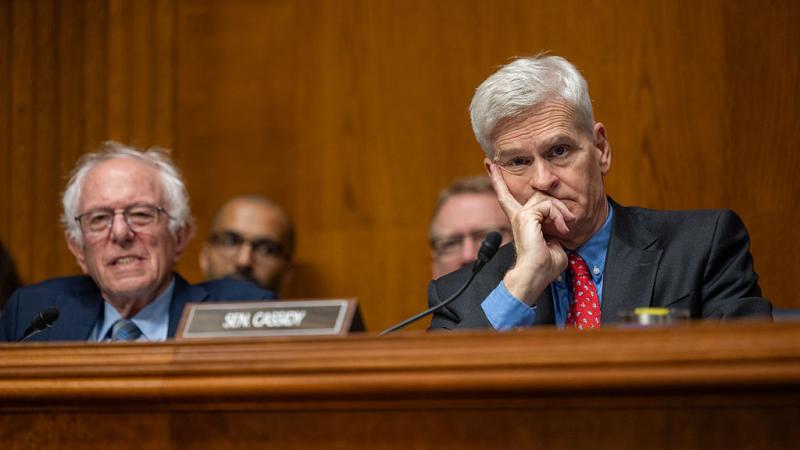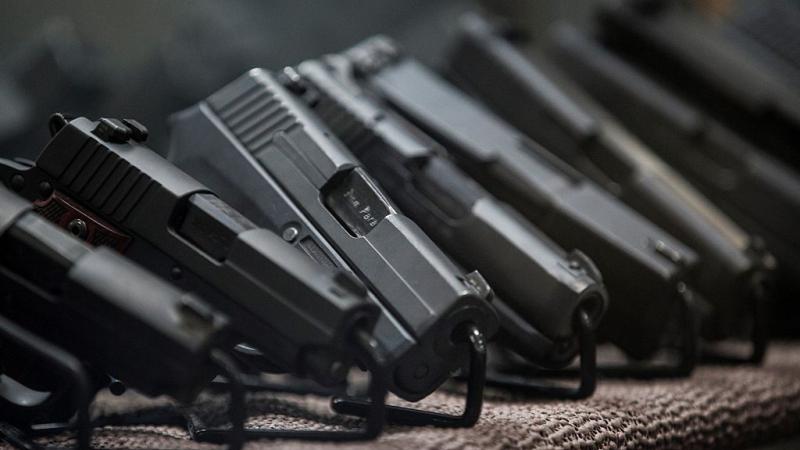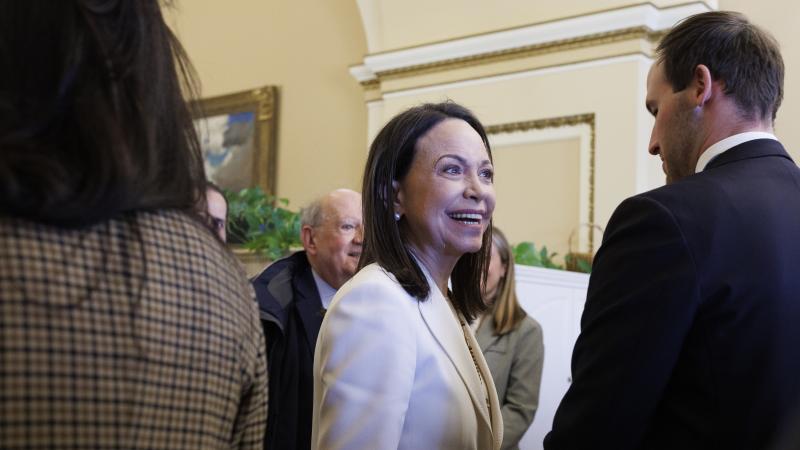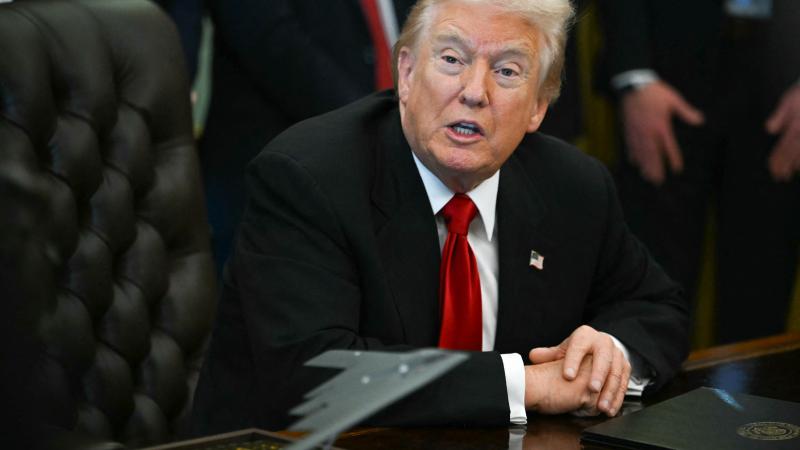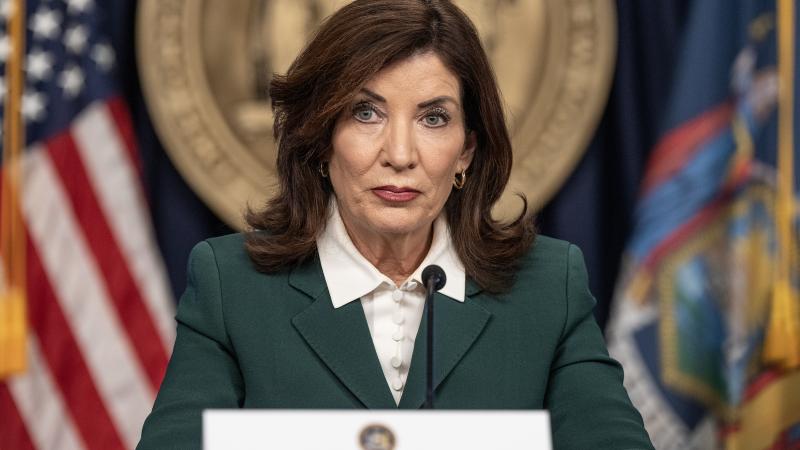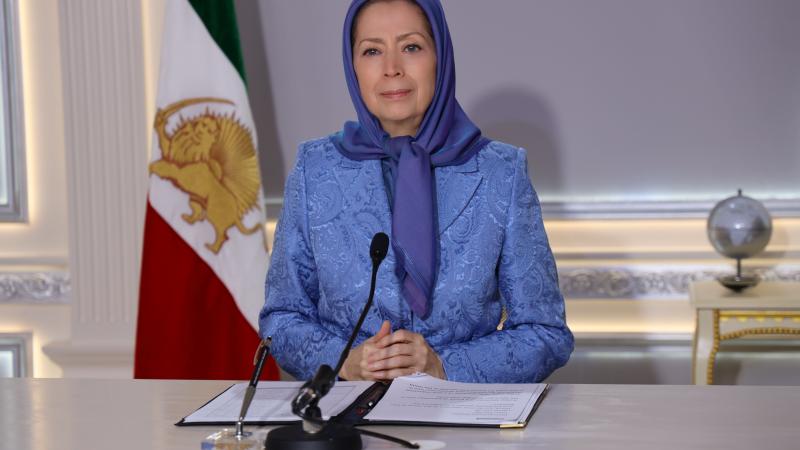TSA spent $1.2 million on failed airline safety program
Even the air marshals knew it was a bad idea
The Golden Horseshoe is a weekly designation from Just the News intended to highlight egregious examples of wasteful taxpayer spending by the government. The ward is named for the horseshoe-shaped toilet seats for military airplanes that cost the Pentagon a whopping $640 each back in the 1980s.
This week, our award is going to the Department of Homeland Security and the Transportation Security Administration for spending $1.2 million on an ineffective airline safety program called "Quiet Skies."
The original goal of the program was to use enhanced screening procedures on passengers that the Federal Air Marshal Service determined to be higher risk. However, the program ultimately provoked an outcry among civil liberties groups that argued the government was unethically spying on American citizens.
The TSA has defended the operation in the past, writing that the agency's "intelligence professionals develop a set of risk-based, intelligence-driven scenario rules, which allow us to identify international travelers who may require enhanced screening."
"These rules have strict oversight by the Department of Homeland Security, including the privacy, civil rights and liberties, and general counsel offices," continued the agency, in a defense of the program posted to its website in 2018.
A new inspector general report rejects the TSA's defense, highlighting instead the immense waste of taxpayer dollars spent on a program that it deemed a failure. "TSA did not properly plan, implement, and manage the Quiet Skies program to meet the program's mission of mitigating the threat to commercial aviation posed by higher risk passengers," reads the 30-page report.
"Specifically, TSA did not develop performance goals and measures to demonstrate program effectiveness, or always adhere to its own Quiet Skies guidance," the OIG document continues. "This occurred because TSA lacked sufficient oversight to ensure the Quiet Skies program operated as intended."
The report goes so far as to say that the TSA lacks sufficient "metrics, analysis, and controls" to determine any sort of efficacy of the Quiet Skies program. This is, of course, not the first time the agency has been accused of bungling a program due to a lack of centralized oversight and logistical prowess.
The Air Marshal National Council agreed with the recently released inspector general report, saying that it "outlines a sickening level of leadership and malfeasance." The council, which represents the federal marshals nationally, has long stood in opposition to Quiet Skies, which it calls a "complete disaster" and "yet another example of a program that has been completely mismanaged by an incompetent leadership."
